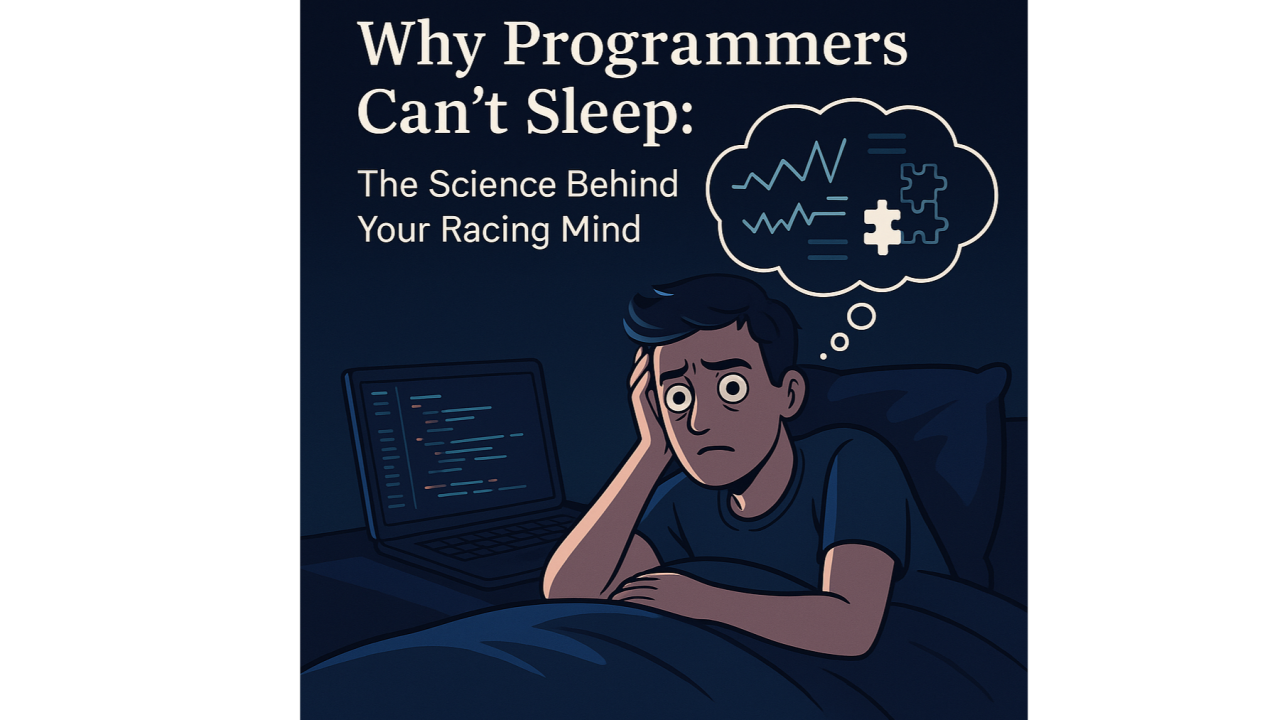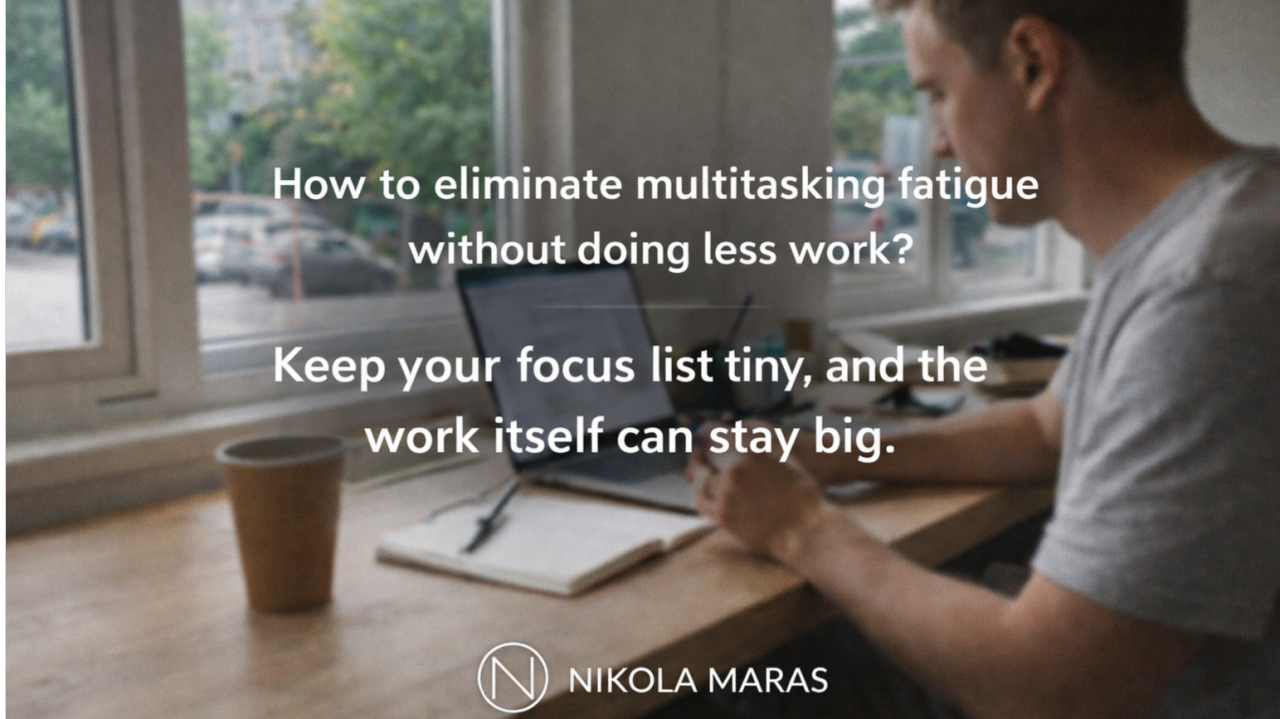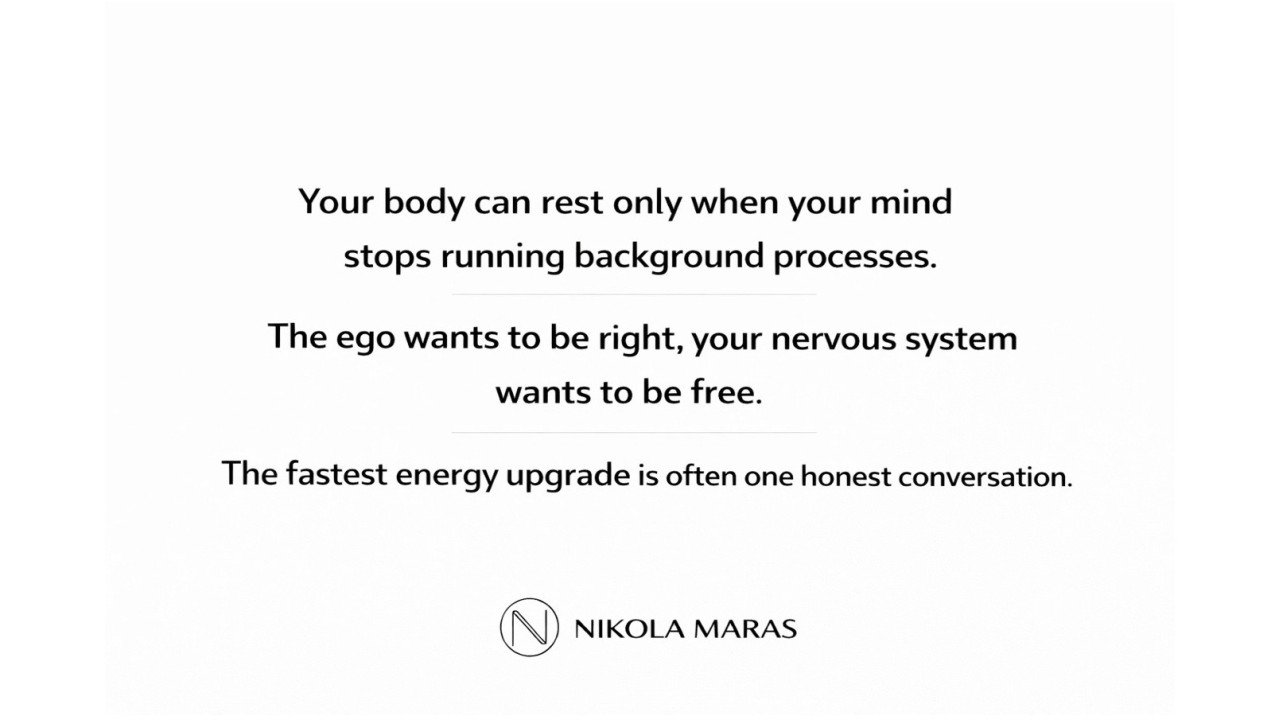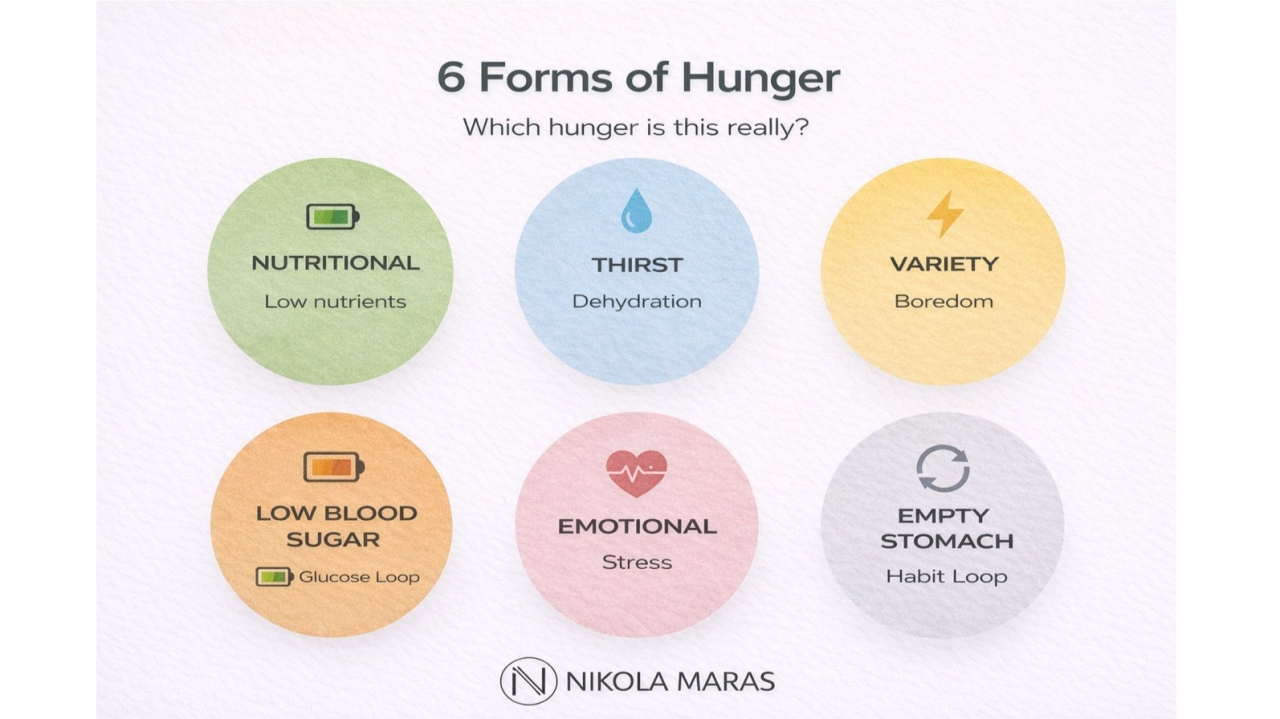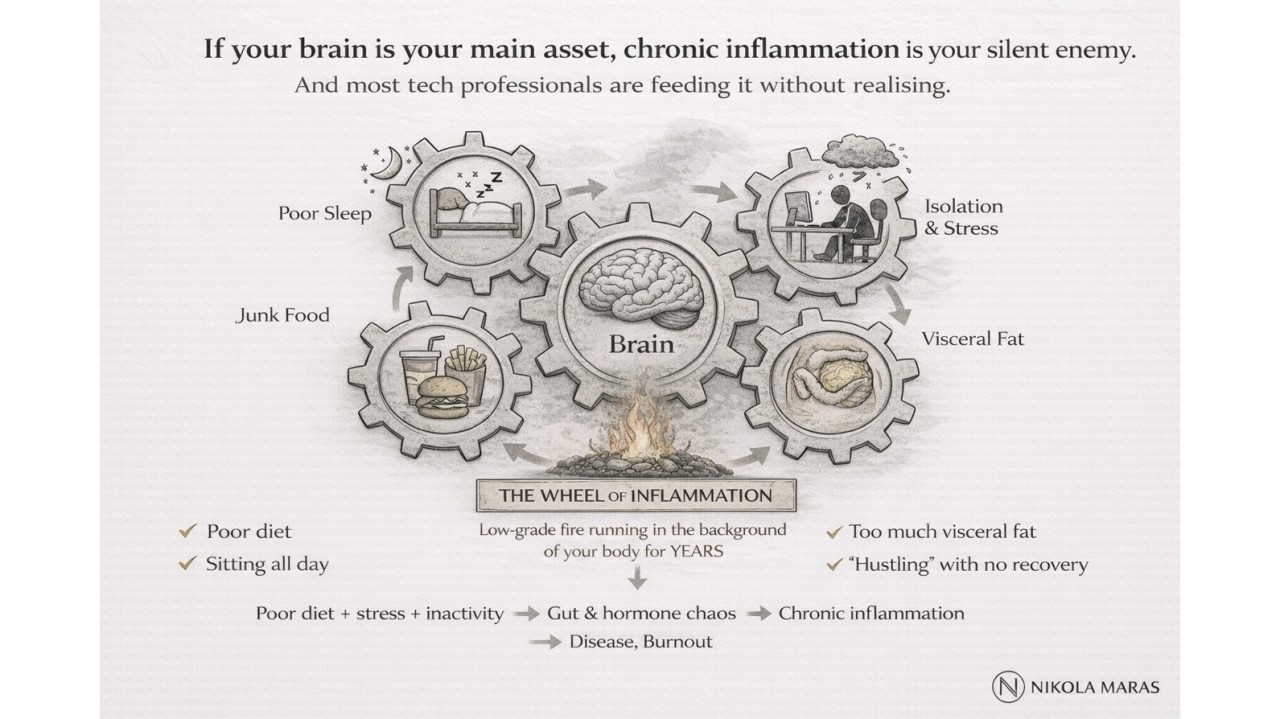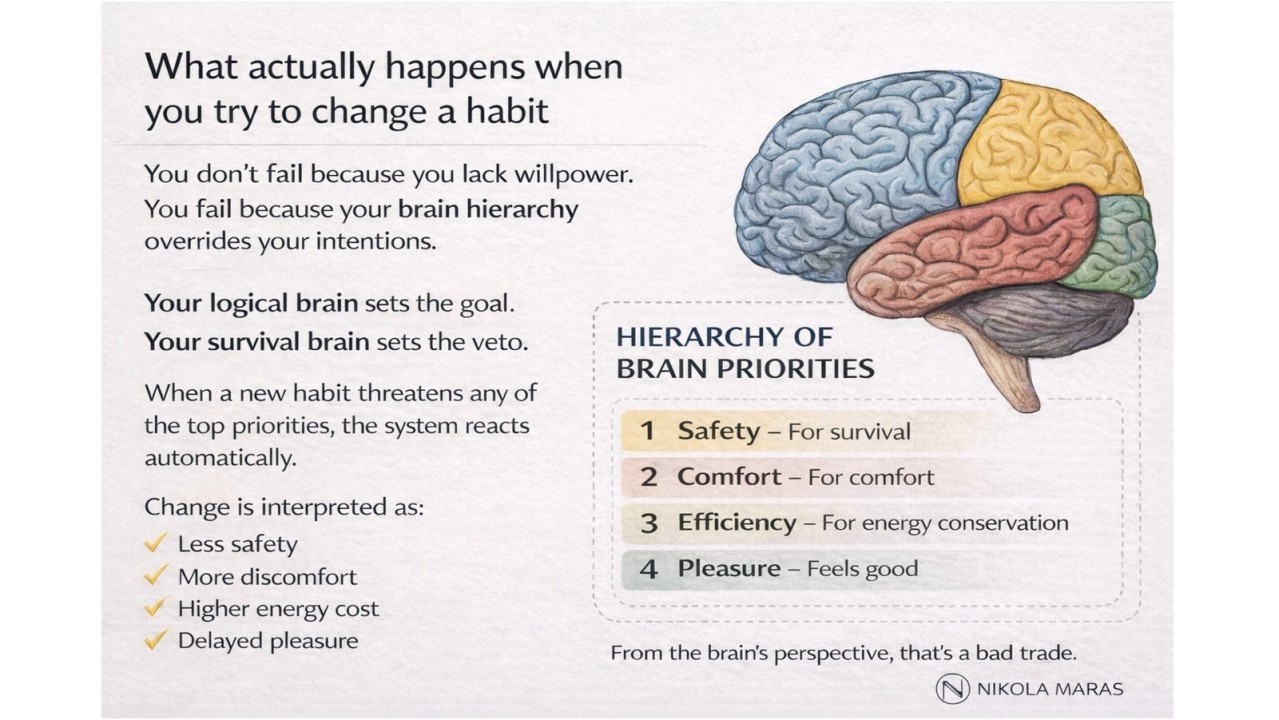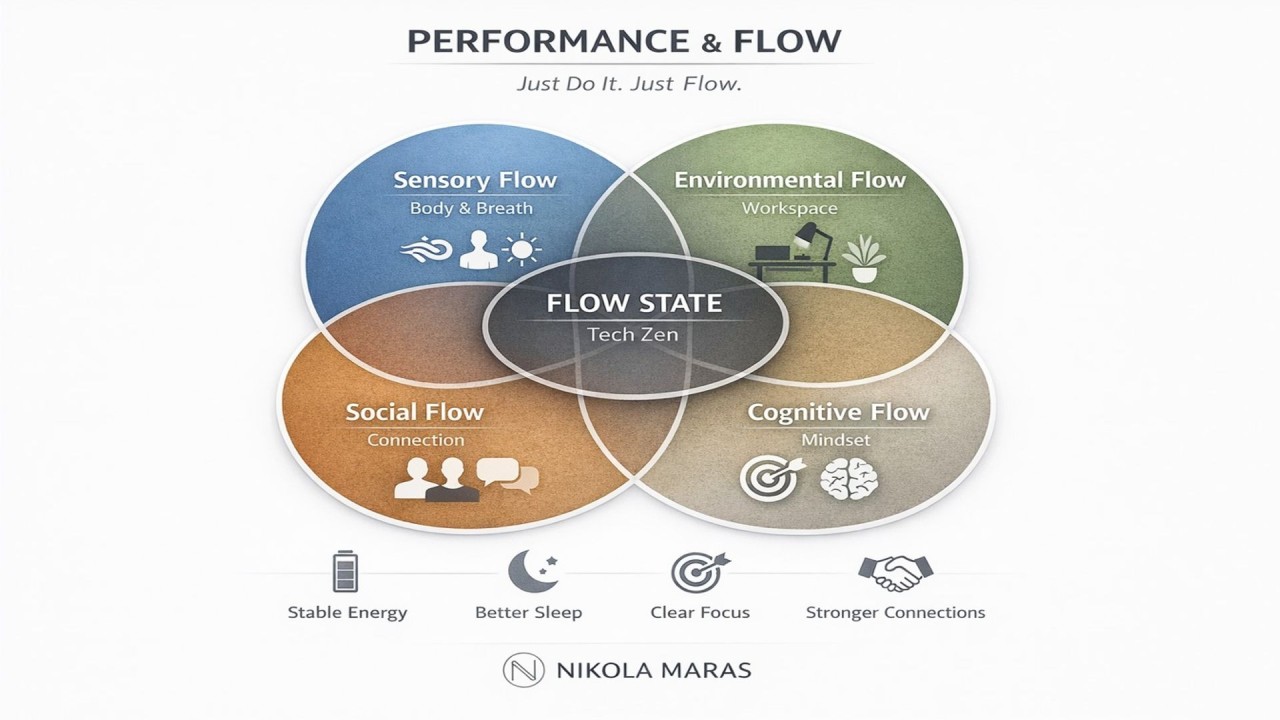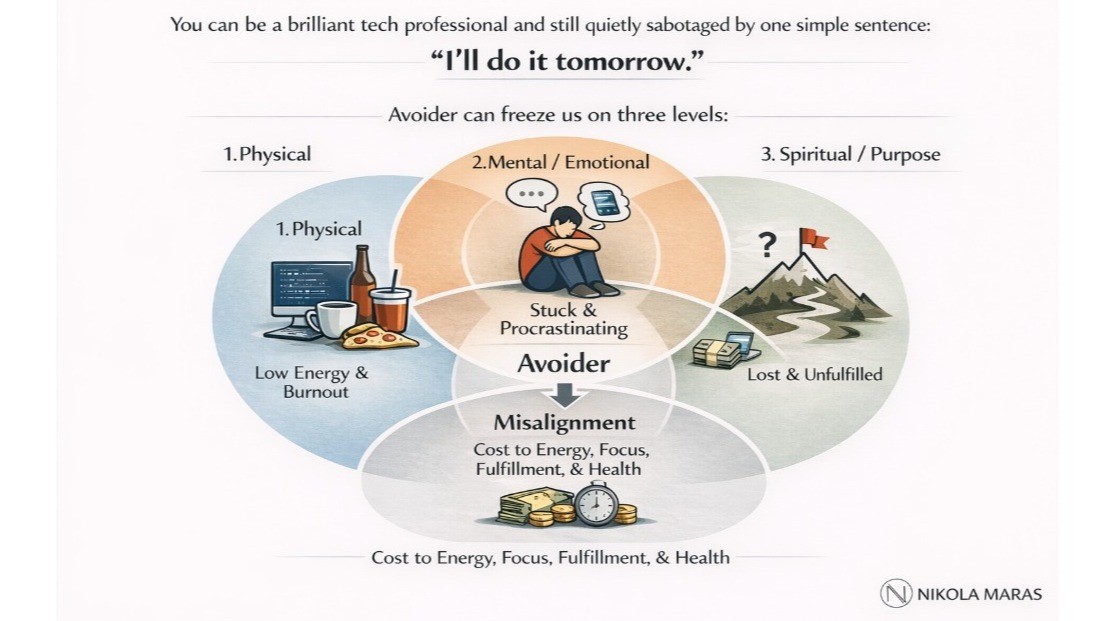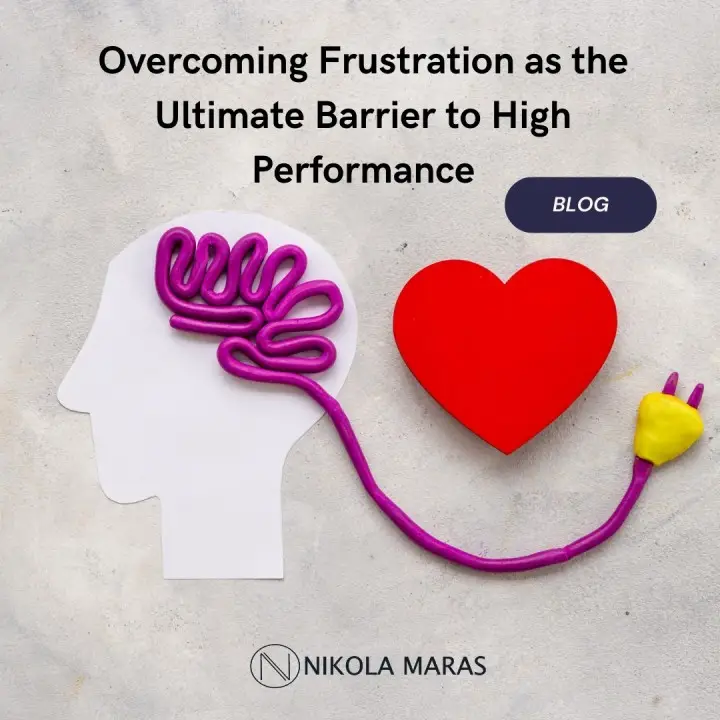The organic and psychophysical reasons keeping developers awake—and what to do about it
It’s 2 AM. You closed your laptop three hours ago, but your brain is still running like a server under heavy load. You’re mentally debugging code, architecting solutions, or replaying that code review from earlier.
If you’re a programmer struggling with sleep, you’re not experiencing some personal failing. Your sleeplessness has deep biological and psychological roots that are directly connected to how your developer brain works.
The Programmer’s Brain: Wired for Insomnia
Your programmer brain is essentially a pattern-matching machine on steroids. You spend eight-plus hours daily training it to spot inconsistencies in thousands of lines of code, hold complex system architectures in working memory, and anticipate edge cases that could break everything. This hypervigilance doesn’t have an off switch. When you try to sleep, your brain continues scanning for patterns, problems, and solutions, except now it’s processing your day, tomorrow’s challenges, and that elusive bug you couldn’t squash.
Programming also rewires your brain’s reward system in ways that sabotage sleep. Each successful compilation, each passing test, each solved problem triggers a dopamine release. Your brain becomes addicted to this problem-solving high. At bedtime, your brain craves more of these rewards and starts generating problems to solve. It asks questions like “What if I refactored that function?” or “How could I optimize that algorithm?” This isn’t insomnia in the traditional sense. It’s your brain seeking its next analytical fix.
The Physical Reality of Developer Sleep Problems
The screens you stare at all day emit blue light that directly suppresses melatonin production, but the problem goes deeper than simple light exposure. Programmers face extended exposure of eight to twelve hours daily, often working with high-contrast interfaces and coding late into the night when their bodies should naturally be winding down. Multiple monitor setups create ambient light pollution, keeping your environment artificially bright. Your pineal gland, responsible for producing melatonin, interprets this constant exposure to blue light as perpetual daylight, keeping you in a state of artificial alertness.
Programming work also creates a cortisol problem that most people don’t experience. Healthy cortisol patterns show high levels in the morning that gradually decline toward evening, but deadline pressure, debugging sessions, and the cognitive demands of complex problem-solving keep your stress hormones elevated throughout the day. When cortisol levels remain high at bedtime, your body stays in an alert mode, making sleep physiologically impossible.
Perhaps most problematic is the mismatch between mental exhaustion and physical fatigue. Your body is designed to be tired at night from physical exertion, but programming creates mental exhaustion without physical fatigue. Your mind is drained, but your body hasn’t moved enough to trigger natural sleep mechanisms. This sedentary lifestyle, combined with limited natural sunlight exposure and poor posture that affects breathing patterns, disrupts the natural buildup of adenosine, the chemical that induces sleepiness.
The Mental Traps That Keep You Awake
Your developer brain processes information differently from most people’s brains. You think in systems, loops, and conditional statements, and this analytical thinking style doesn’t naturally transition into the relaxed, non-linear thought patterns necessary for sleep. At bedtime, your brain starts “compiling” the day’s events, mentally refactoring problems from work, and queuing up tomorrow’s coding challenges for processing. You enter debugging mode on life situations when you should be powering down.
Many programmers also carry perfectionist tendencies that extend to sleep itself. You might obsess over getting exactly eight hours of sleep, calculate optimal bedtimes and wake times, or monitor sleep metrics obsessively. This performance anxiety around sleep creates the very stress that prevents good sleep from happening naturally.
The quiet of bedtime also allows imposter syndrome thoughts to surface after daytime distractions have kept them at bay. Thoughts like “Everyone else codes faster than me” or “I’m going to get found out tomorrow” trigger the same stress response as actual threats, flooding your system with alertness hormones just when you need to be calm.
When Biology Meets Psychology: The Vicious Cycle
These organic and psychological factors don’t exist in isolation—they amplify each other in a destructive cycle. Exposure to blue light disrupts melatonin production, resulting in poor sleep quality. Inadequate sleep increases cortisol levels, which heighten anxiety and racing thoughts. These racing thoughts create sleep anxiety, which releases more cortisol. Elevated cortisol makes you more sensitive to stressors, triggering more imposter syndrome thoughts. The resulting anxiety keeps you on screens longer, creating more blue light exposure, and the cycle continues.
Breaking Free: Practical Solutions That Work
To address the biological factors disrupting your sleep, it is essential to manage light exposure strategically. Use blue light filtering glasses two to three hours before bed and install software like f.lux on all your devices. Keep your bedroom completely dark with blackout curtains or an eye mask, and get fifteen to thirty minutes of morning sunlight to reset your circadian rhythm. Take a ten- to fifteen-minute walk after your last coding session to bridge the gap between mental exhaustion and physical readiness for sleep.
Proper hydration plays a crucial role in sleep quality that most programmers overlook. Dehydration, even mild, can increase cortisol levels and make it harder for your body to regulate temperature—both essential for good sleep. However, timing matters. Drink plenty of water throughout your coding day, but taper off two to three hours before bedtime to avoid middle-of-the-night bathroom trips that fragment your sleep cycles.
Breathing exercises are particularly powerful for programmers because they directly counteract the shallow, stressed breathing patterns that develop during intense coding sessions. The 4-7-8 breathing technique works exceptionally well for developer brains because it gives your analytical mind something to focus on while simultaneously activating your parasympathetic nervous system. Inhale through your nose for four counts, hold for seven counts, then exhale through your mouth for eight counts. Repeat this cycle four times. This technique not only helps you fall asleep faster but also trains your nervous system to shift from the hypervigilant state necessary for debugging into the relaxed state necessary for rest.
Managing the psychological components requires creating external systems for your racing mind. Thirty minutes before bed, write down tomorrow’s coding tasks and priorities, any unsolved problems from today, random thoughts or concerns, and three things that went well during your day. This brain dump allows you to store information externally, so your brain doesn’t need to keep it active overnight.
Create a consistent sixty- to ninety-minute wind-down ritual that signals to your brain that work is done. Close all development environments, switch to non-screen activities like reading or gentle music, and practice progressive muscle relaxation. When work thoughts intrude during this time, practice thought stopping by saying, “I’ll think about this tomorrow,” and redirecting your attention to breathing.
Special Situations and When to Get Help
Remote workers need to create a physical separation between their work and sleep spaces and establish clear office hours, even when working from home. Night shift developers should use bright light therapy during work hours and maintain consistent sleep schedules even on days off. Those caught in startup grind culture need to set boundaries around after-hours coding and remember that well-rested programmers write better code than those who are exhausted.
Consider consulting a sleep specialist or therapist if sleep problems persist despite implementing these strategies, if you’re consistently sleeping less than five to six hours, if sleep issues are affecting your coding performance, or if you’re using alcohol or substances to fall asleep.
The Bottom Line
Your sleep struggles aren’t a character flaw or weakness—they’re the predictable result of how programming works affects your biology and psychology. Once you understand the science behind your sleeplessness, you can take targeted action to address both the organic and psychological root causes. Your brain’s analytical superpowers don’t have to come at the cost of good sleep. With the right strategies, you can maintain your coding edge while getting the rest your brilliant mind deserves.
The best debugging occurs when you’re well-rested. Invest in your sleep, and your code—and your career—will thank you.
About the Author: I help programmers who fear layoffs reignite their coding passion and become the teammates no company wants to lose so that they can secure their future, even in uncertain times. If sleep issues are affecting your coding confidence and performance, let’s talk about strategies to get both your rest and your career back on track.


